Our causes
Our causes of charity are many, but when we meet one another’s difficulties for the greater good, it is our common humanity that leads us to unity.”

Emerging Geopolitical Shifts
Geopolitical shifts are redefining global relations. Major powers must prioritize dialogue and collaboration to address shared issues like climate change and cybersecurity. By building trust and fostering cooperation, nations can promote stability and collective progress.
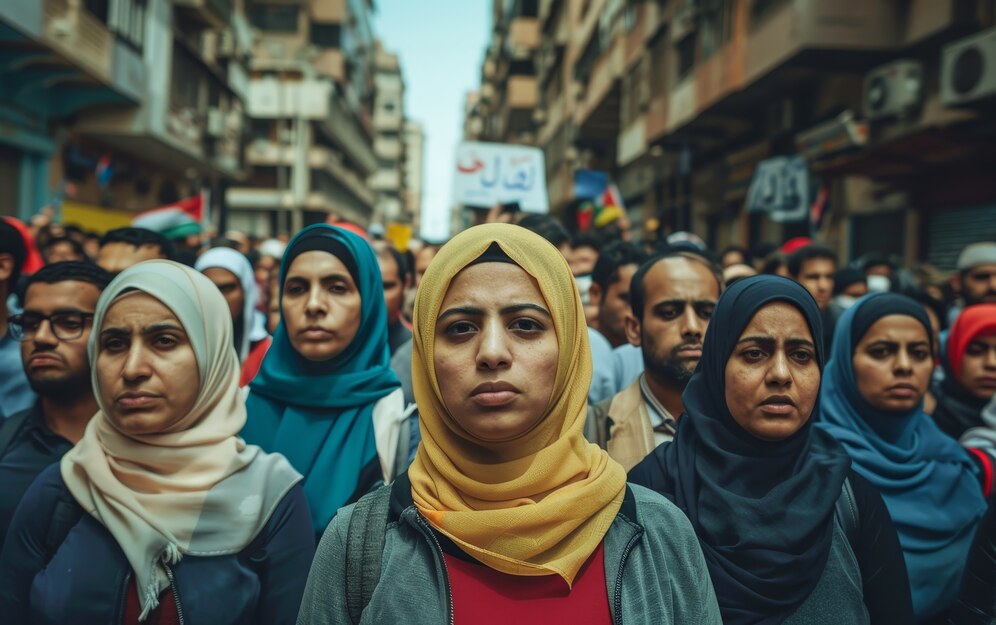
Multilateral World Order
A multilateral world order emphasizes shared global cooperation among nations. Supporting a multipolar framework involves empowering diverse voices for inclusivity in decision-making. Collaborative efforts on global challenges like climate change, economic equity, and technological advancement become more achievable through collective action.
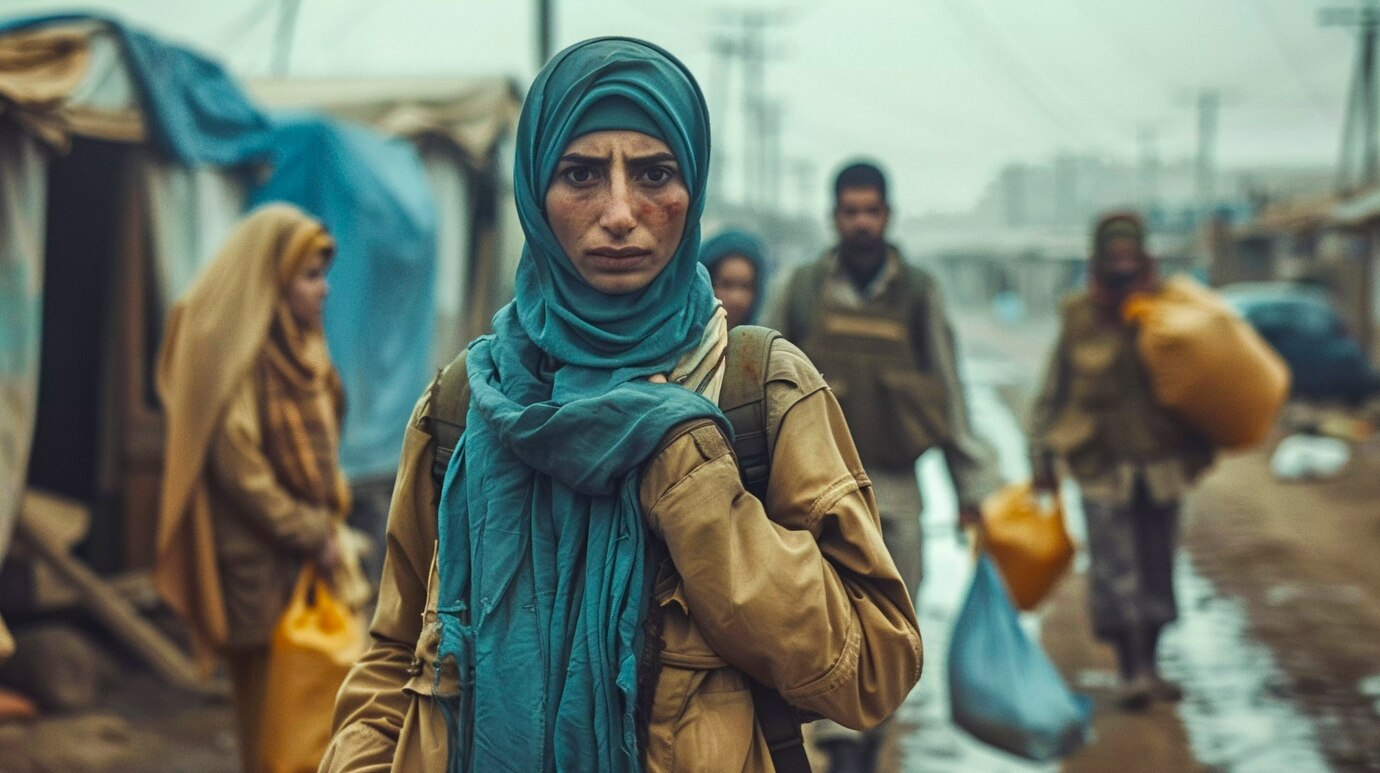
Environmental Sustainability and Climate Change
Governments and corporations must be held accountable for significant climate action. Policies and practices should prioritize reducing emissions, investing in renewable energy, and protecting ecosystems to ensure a sustainable future for all. Every individual action counts in supporting these efforts.
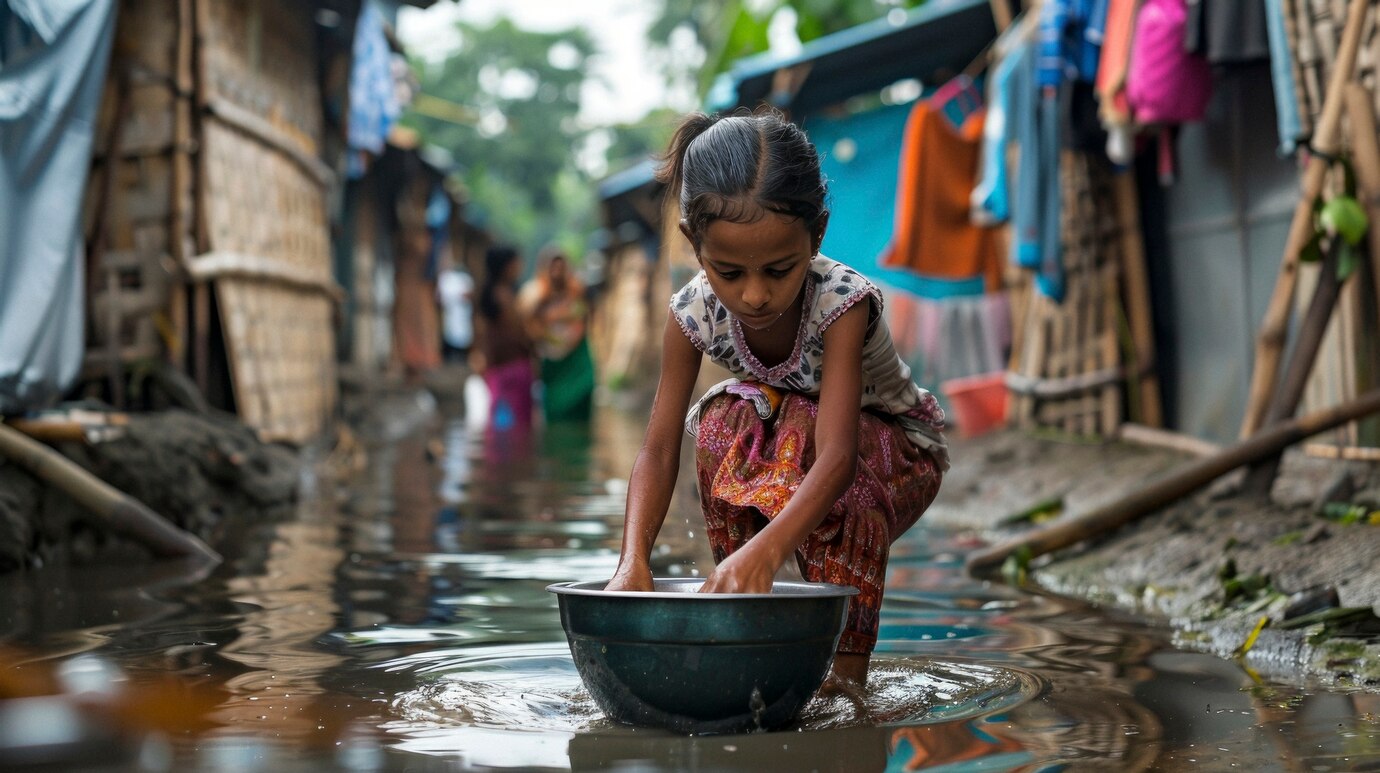
Global Health
Uniting nations worldwide is essential to tackle pandemics effectively and ensure universal access to healthcare. Collaborative efforts in research, funding, and distribution of resources can strengthen healthcare systems and save lives. By prioritizing global health partnerships, we can build resilient frameworks for disease prevention and equitable access to medical services for all. Together, we can create healthier communities and a stronger world.
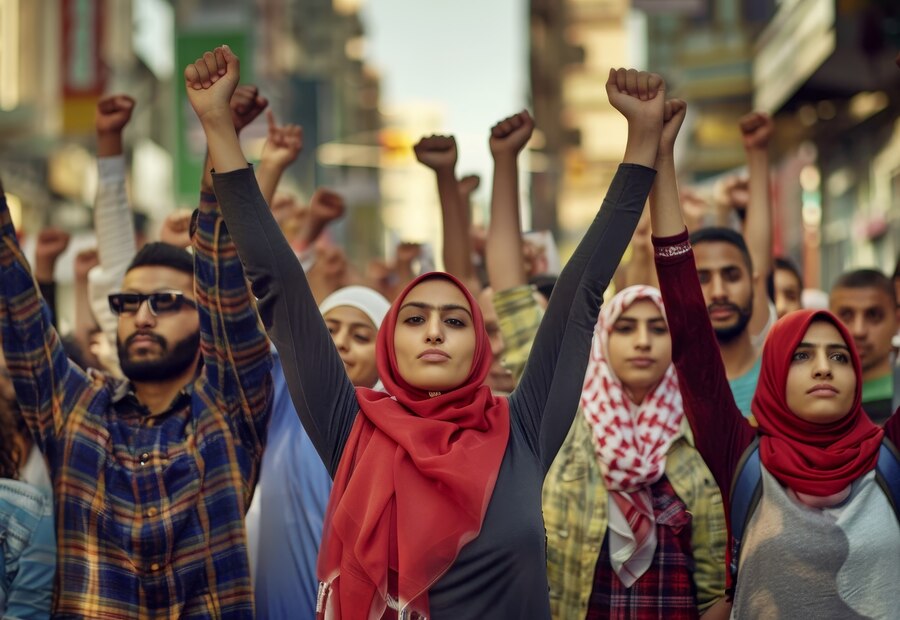
Technological Advancements
Promoting innovation responsibly requires balancing progress with protection. Encouraging advancements while safeguarding cybersecurity and privacy ensures technology benefits society without compromising rights. Responsible innovation empowers communities and builds trust.

Cybersecurity and Data Privacy
Securing digital spaces and protecting personal data are essential in today’s interconnected world. Strong cybersecurity measures prevent breaches, misuse, and online threats. By advocating for robust global standards, we can ensure safety, build trust, and empower individuals in the digital age.
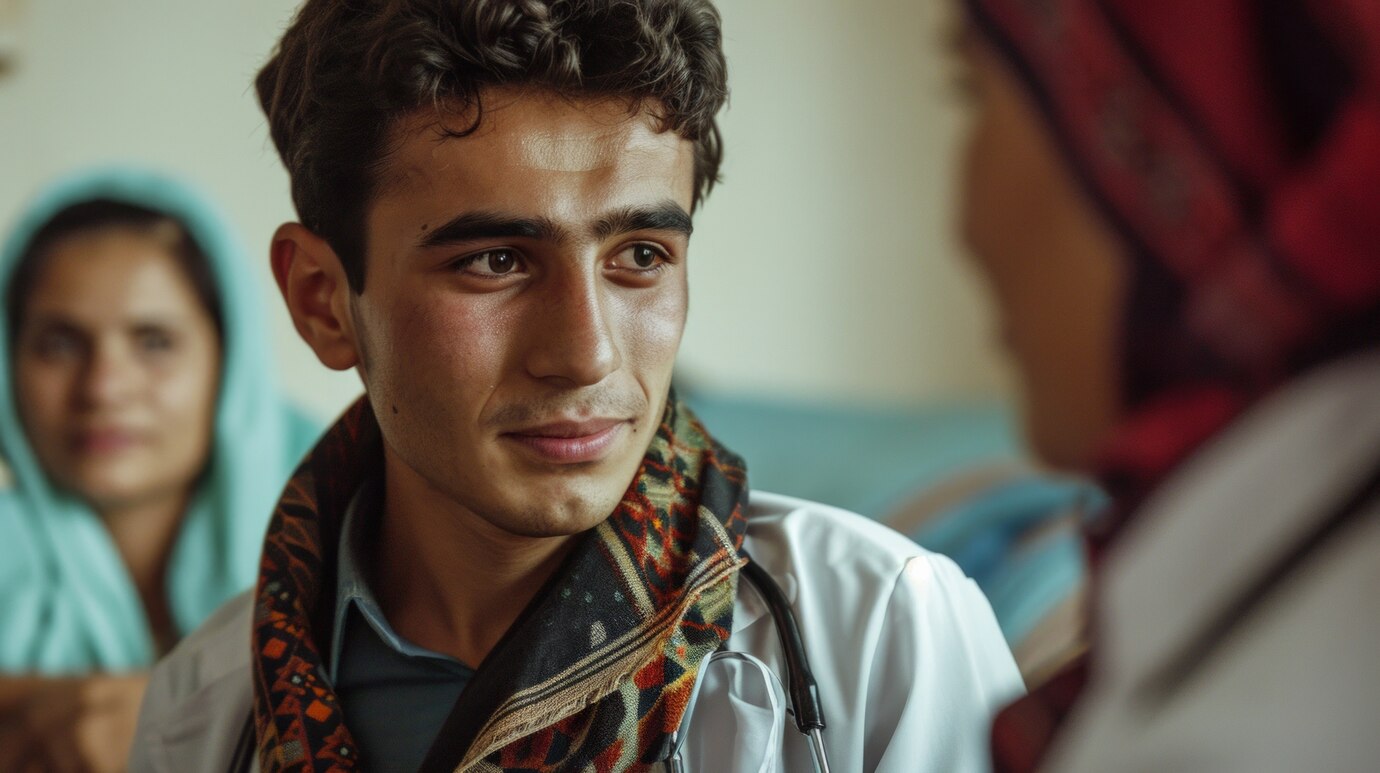
Social Media and Disinformation
Combatting disinformation requires promoting accuracy and fostering ethical practices online. By encouraging transparency, supporting fact-checking initiatives, and holding platforms accountable, we can reduce the spread of misinformation. Strengthening digital literacy among users also ensures responsible engagement and builds a healthier online ecosystem. Ethical use of social media is essential for truthful and constructive discourse worldwide.
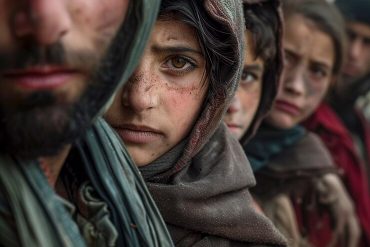
Migration and Refugees
Humane and just policies for migrants and refugees are essential to uphold dignity and human rights. Governments and organizations must prioritize safe pathways, fair asylum processes, and access to basic services for those fleeing conflict, persecution, or poverty. Policies should focus on integration, ensuring migrants and refugees can contribute to and thrive within their new communities.
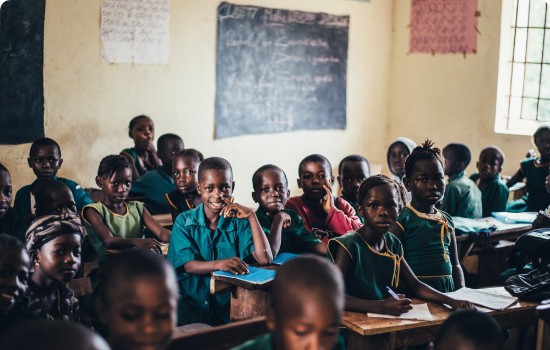
Economic Growth and Sectoral Challenges
Equitable economic growth requires balancing prosperity with inclusivity and sustainability. Addressing global challenges like inequality, climate change, and technological disruption is essential to ensure that economic progress benefits all.Together, we can build a future where economic growth uplifts everyone while preserving the planet for generations to come.

Humanitarian Crises
Resolving humanitarian crises requires swift mobilization and global collaboration. Governments, organizations, and communities must work together to provide aid, protect displaced populations, and address the root causes of crises. By ensuring access to essential resources like food, shelter, and healthcare, we can support those affected and help rebuild lives.

Cultural Preservation
Accelerating the shift to renewable energy is crucial to combat climate change. Prioritizing solar, wind, and other clean energy sources reduces greenhouse gas emissions and fosters sustainability. Collaborative efforts and innovative policies can drive this transition for a greener future.

AI Ethics & Regulation
Promoting ethical AI requires global frameworks that ensure responsible innovation. These frameworks should prioritize transparency, fairness, and accountability in AI development and deployment. By establishing clear guidelines, we can safeguard privacy, prevent bias, and foster trust in AI systems.
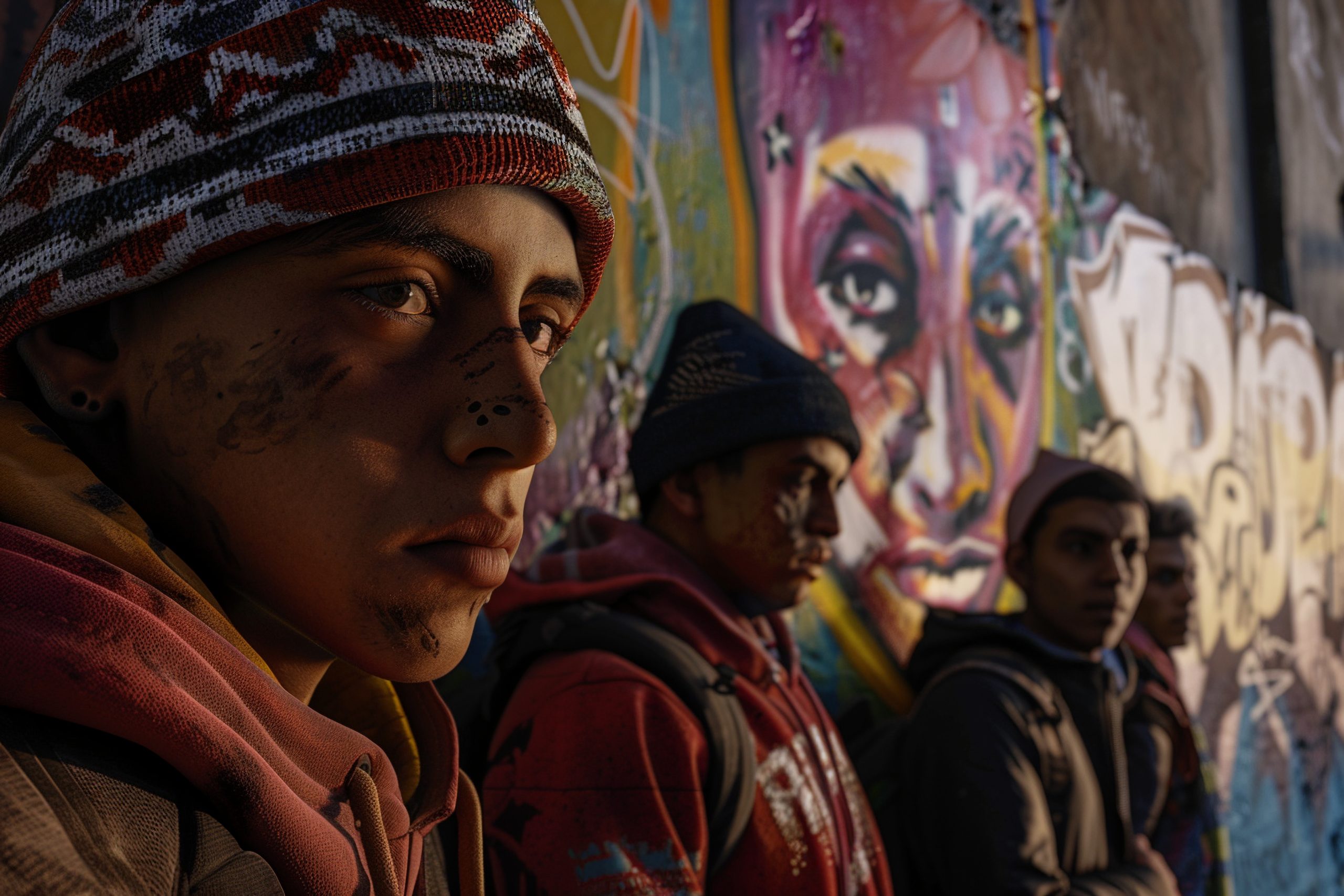
Sustainable Energy Transition
Accelerating the shift to renewable energy is crucial to combat climate change. Prioritizing solar, wind, and other clean energy sources reduces greenhouse gas emissions and fosters sustainability. Collaborative efforts and innovative policies can drive this transition for a greener future.

Mental Health Awareness
Accelerating the shift to renewable energy is crucial to combat climate change. Prioritizing solar, wind, and other clean energy sources reduces greenhouse gas emissions and fosters sustainability. Collaborative efforts and innovative policies can drive this transition for a greener future.
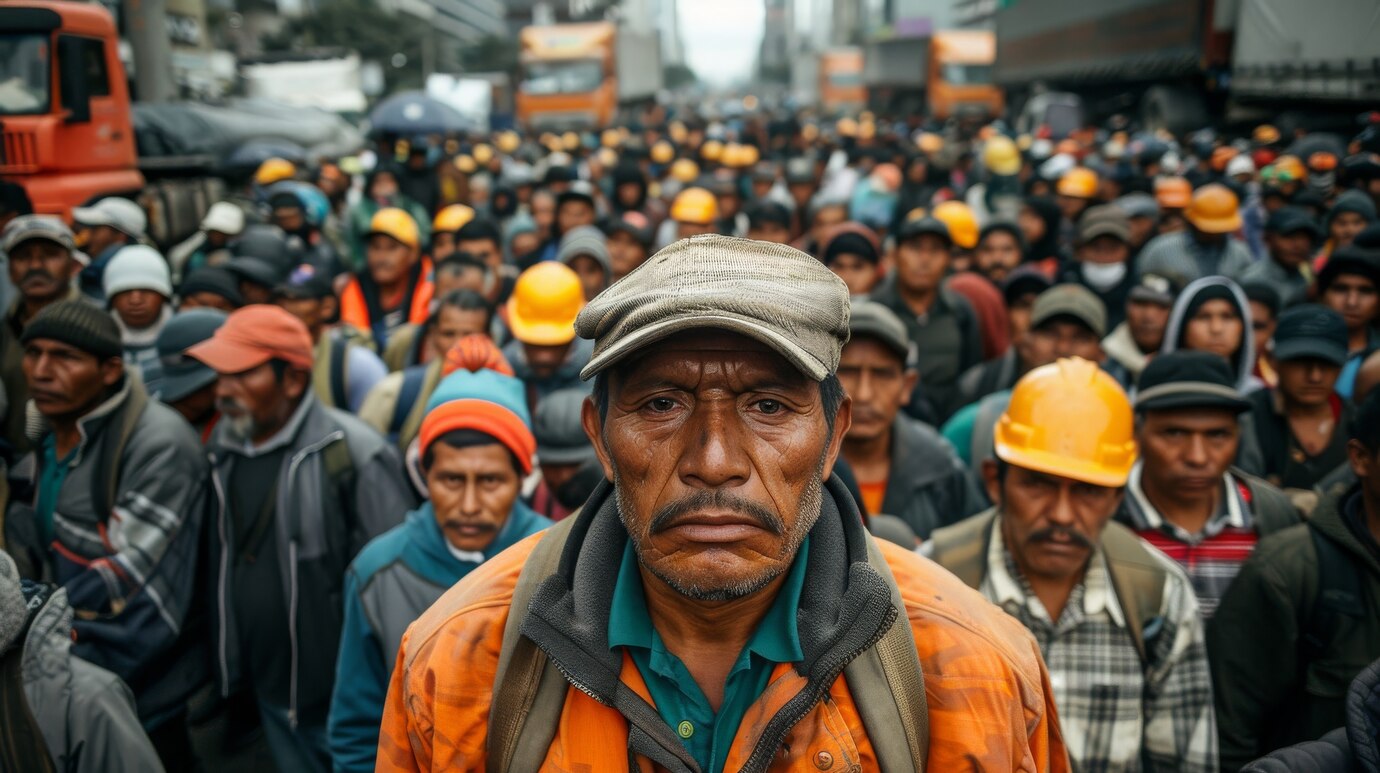
Education for All
Guaranteeing free, quality education for every child is essential to breaking cycles of poverty and inequality. By prioritizing access to learning resources, skilled teachers, and inclusive policies, we can empower children to reach their full potential. Education is a fundamental right that fosters opportunity and drives societal progress.

Water Security
Universal access to clean water is essential for health, dignity, and sustainable development. Advocating for this involves addressing water scarcity, improving infrastructure, and promoting sustainable water management practices. By ensuring every community has access to safe and affordable water, we can combat waterborne diseases, support livelihoods, and foster resilience against climate change. Clean water is not just a necessity—it’s a fundamental human right.
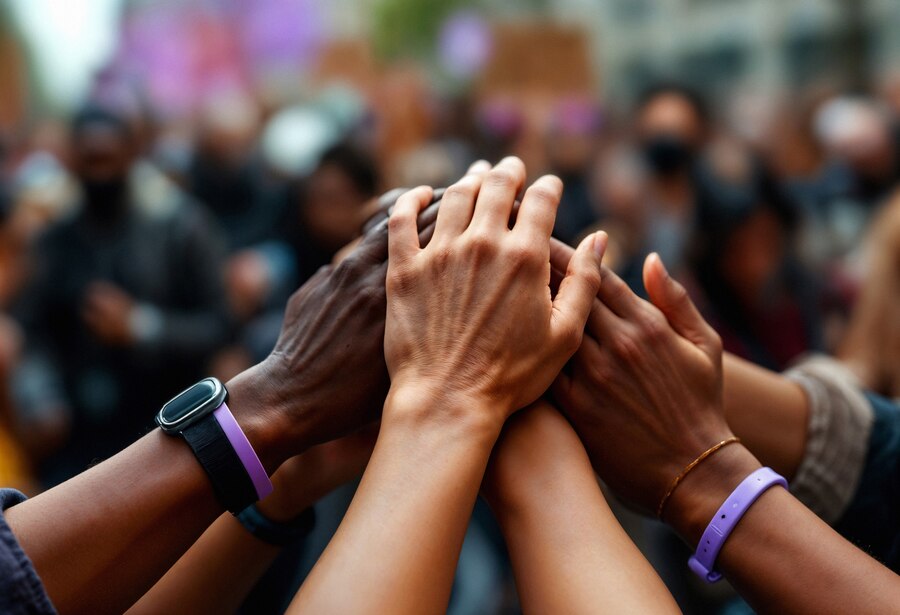
Biodiversity Protection
Preserving Earth’s natural balance requires committed efforts to protect endangered species and conserve ecosystems. Global initiatives should prioritize habitat restoration, sustainable practices, and policies that promote biodiversity. These actions ensure the survival of vital species and the health of ecosystems, benefiting future generations.

Digital Inclusion
Ensuring affordable internet access and digital literacy programs is key to bridging the digital divide. Providing equitable access empowers marginalized communities and supports global progress. Digital inclusion fosters participation in education, commerce, and governance, creating opportunities for all.

Gender Equality
Achieving gender equality means ensuring equal opportunities and rights for everyone, regardless of gender. This involves addressing discrimination, promoting empowerment, and fostering inclusive policies. A fairer society enables all individuals to realize their full potential and contribute meaningfully.

Space Exploration Collaboration
Promoting international cooperation in space exploration paves the way for scientific advancements and peaceful collaboration. Shared research and joint missions can uncover new knowledge, drive innovation, and unite nations in pursuing common goals beyond Earth.

Food Security for All
Ending hunger and ensuring access to nutritious food require sustainable agricultural practices and equitable distribution systems. By supporting farmers, reducing food waste, and addressing climate challenges, we can create a world where everyone has enough to eat.

Decent Work and Fair Wages
Fair wages and dignified work are fundamental to social and economic justice. Policies should protect workers’ rights, promote workplace safety, and encourage sustainable business practices that uplift individuals and communities alike.

Child Protection
Protecting children from exploitation, abuse, and labor is essential for creating a safe and nurturing environment. Global measures must enforce stricter laws, provide education, and raise awareness to safeguard the well-being of every child.

Affordable Housing
Safe and affordable homes are a basic human need. Governments and organizations must work together to create housing policies that reduce homelessness, improve living conditions, and ensure stability for all families.

Inclusive Representation
Diverse leadership and decision-making reflect the voices of all communities, ensuring equity and fairness. Representation across genders, ethnicities, and backgrounds empowers societies to address challenges inclusively and effectively.

Peacebuilding and Conflict Resolution
Promoting peace requires dialogue, compromise, and global collaboration. Resolving conflicts peacefully, supporting ceasefires, and rebuilding communities fosters stability and long-term harmony.

Economic Justice
Fair and transparent tax systems are crucial for reducing inequality and funding essential services. Ensuring that corporations and the wealthy contribute fairly strengthens public resources and benefits society as a whole.

Digital Safety for Children
Protecting children online is vital to their safety and development. Strong safeguards, educational programs, and awareness initiatives ensure that young users can navigate digital spaces without harm.

Protection of Whistleblowers
Whistleblowers play a crucial role in uncovering corruption and wrongdoing. Establishing robust protections ensures they can speak out without fear of retaliation, promoting accountability and transparency.

Eradication of Modern Slavery
Ending modern slavery, forced labor, and human trafficking is essential for upholding human rights. Global collaboration and strict enforcement of laws are critical to ensuring freedom and dignity for all individuals.


Contact Us Now!
We’re here to connect with you! Whether you have questions, suggestions, or want to get involved, we’d love to hear from you. At World Citizens Alliance, we value open communication and collaboration. Reach out to us through the following channels
